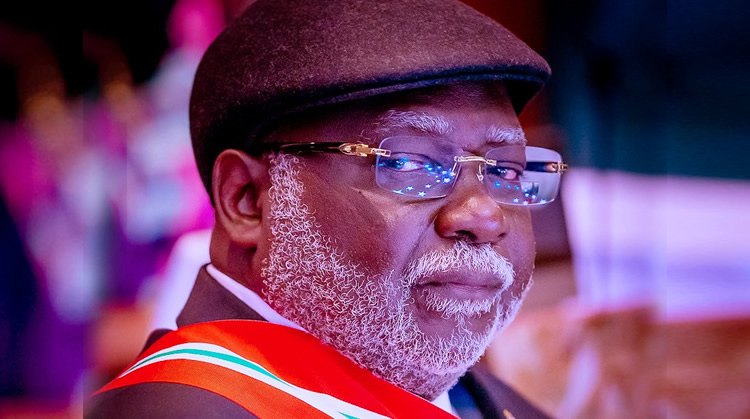The House of Representatives has recently passed a bill aimed at revising the salaries, allowances, and fringe benefits for judicial office holders across the country. The proposed legislation, which received overwhelming support in the Green Chamber, promises a substantial increase in remuneration for key positions within the judiciary, including the Chief Justice of Nigeria and other justices of the Supreme Court.
The bill, submitted to the House by President Bola Tinubu, outlines a comprehensive framework for determining the total monthly package for various judicial positions. According to the proposed legislation, the Chief Justice of Nigeria is set to receive a total monthly package of N5.39 million. This figure reflects a significant upward revision from the current compensation structure, indicating a concerted effort to address longstanding concerns regarding the adequacy of judicial salaries.
Under the provisions of the bill, justices of the Supreme Court are slated to earn a total package of N4.21 million per month, while the President of the Court of Appeal is expected to receive N4.48 million. Additionally, justices of the Court of Appeal are earmarked for a total monthly package of N3.73 million. The bill also specifies the remuneration for other key judicial positions, including the Chief Judge of the Federal High Court, President of the National Industrial Court, and Chief Judges of various state High Courts.
In addition to basic salaries, the proposed package encompasses a wide array of regular allowances designed to ensure the well-being and effectiveness of judicial office holders. These allowances cover essential aspects such as car fueling and maintenance, personal assistance, hardship, entertainment, utilities, security, outfit, journal subscriptions, medical expenses, service allowances, and more. Furthermore, the bill acknowledges the demanding nature of judicial duties by incorporating provisions for restricted or forced lifestyles, dual responsibilities, and legal researchers.
Moreover, the House of Representatives has approved various job-related allowances that are not included in the total monthly package. These allowances encompass leave allowances, estacode (daily subsistence allowance) during official travels, duty tour allowances, severance gratuity amounting to N80.78 million upon completion of a tenure, and the provision for motor vehicle loans repayable within the tenure of the respective officer.
The passage of this bill underscores the government’s commitment to enhancing the welfare and effectiveness of the judiciary, a crucial pillar of Nigeria’s democratic framework. By addressing longstanding concerns regarding the adequacy of judicial remuneration, lawmakers aim to attract and retain top legal talent, thereby bolstering the integrity and efficiency of the justice system.
However, the bill’s approval has sparked debates and discussions across the country, with some expressing reservations about the perceived extravagance of the proposed allowances. Critics argue that amidst economic challenges and austerity measures, such generous compensation packages for public officials, including judicial office holders, could exacerbate inequality and erode public trust in governance institutions.
On the other hand, proponents of the bill contend that adequate remuneration is essential to safeguard the independence and impartiality of the judiciary, crucial prerequisites for upholding the rule of law and protecting citizens’ rights. They argue that competitive salaries and allowances are necessary to deter corruption and ensure the recruitment and retention of competent judges capable of dispensing justice fairly and efficiently.
Looking ahead, the bill will proceed to the Senate for further deliberation and approval before it can be signed into law by the President. As Nigeria continues its quest for judicial reform and institutional strengthening, the outcome of this legislative process will undoubtedly shape the future trajectory of the country’s legal system, influencing its capacity to deliver justice and uphold the principles of democracy and the rule of law.
















